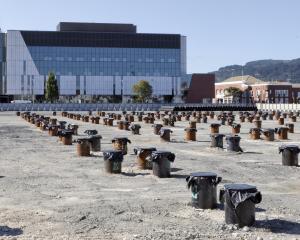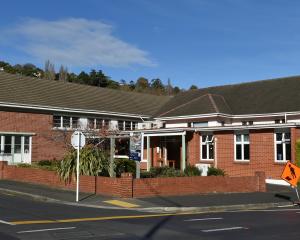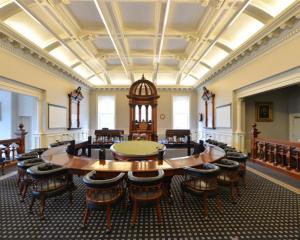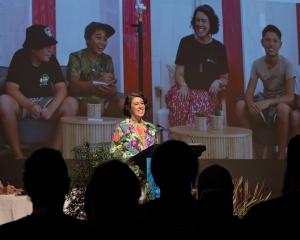
In an email obtained by the Otago Daily Times, Cr Laws told his councillor colleagues he would be arguing the three matters should be discussed in public, rather than behind closed doors, at tomorrow’s council meeting.
"I’ve argued for the past seven years that Otago local government is not fulfilling its basic responsibility to the people who elect us, and pay us, especially in regard to our openness and transparency.
"Let not this new council travel down the same discredited path," the email to all councillors said.
Cr Laws said the discussions proposed for the public excluded part of the meeting had each already been publicly canvassed in the news media.
The council agenda for the meeting said discussions on a "median wage uplift for bus drivers" were commercially sensitive and public discussion could disadvantage negotiations.
The "appointment of iwi representatives for committees" should be private to protect individual’s privacy.
And the agenda item listed as, "on-lending agreement variation", which makes no mention of Port Otago in the council papers, ought to be held in a public excluded session in order to maintain legal professional privilege, and because they are commercially sensitive.
"Why are any of these decisions secret?" Cr Laws asked.
They involve either decent dollops of ratepayer monies or devolving power to unelected individuals.
"In other words, they are important discussions and debates and resolutions."
Cr Laws said councillors would consider three Ngai Tahu nominees for council committee roles and could either say yes or veto the nominations as part of the political appointment.
Bus driver wages "must be debated publicly", he said.
"There are no commercial confidences here. The drivers have the same employer, contracting an underperforming service."
"Ditto" for the Port Otago issue, he said.
A guide by the Ombudsman to assist local government agencies said local government meetings must be open to the public unless a resolution to exclude the public is passed.
There could be conclusive reasons for withholding the official information discussed at a meeting: these include the right to a fair trial.
There could also be a variety of other reasons for holding a meeting in private such as disclosing a trade secret, or commercial information that could affect the person who supplied the information.
"Agencies are explicitly prevented from excluding the public from meetings to enable ‘free and frank’ discussions.
"Members are elected to provide a voice for their community, in much the same way that members of the national parliament are.
"You would not expect them to be any less free or frank for the fact that they must voice their opinions in public," the guide said.












